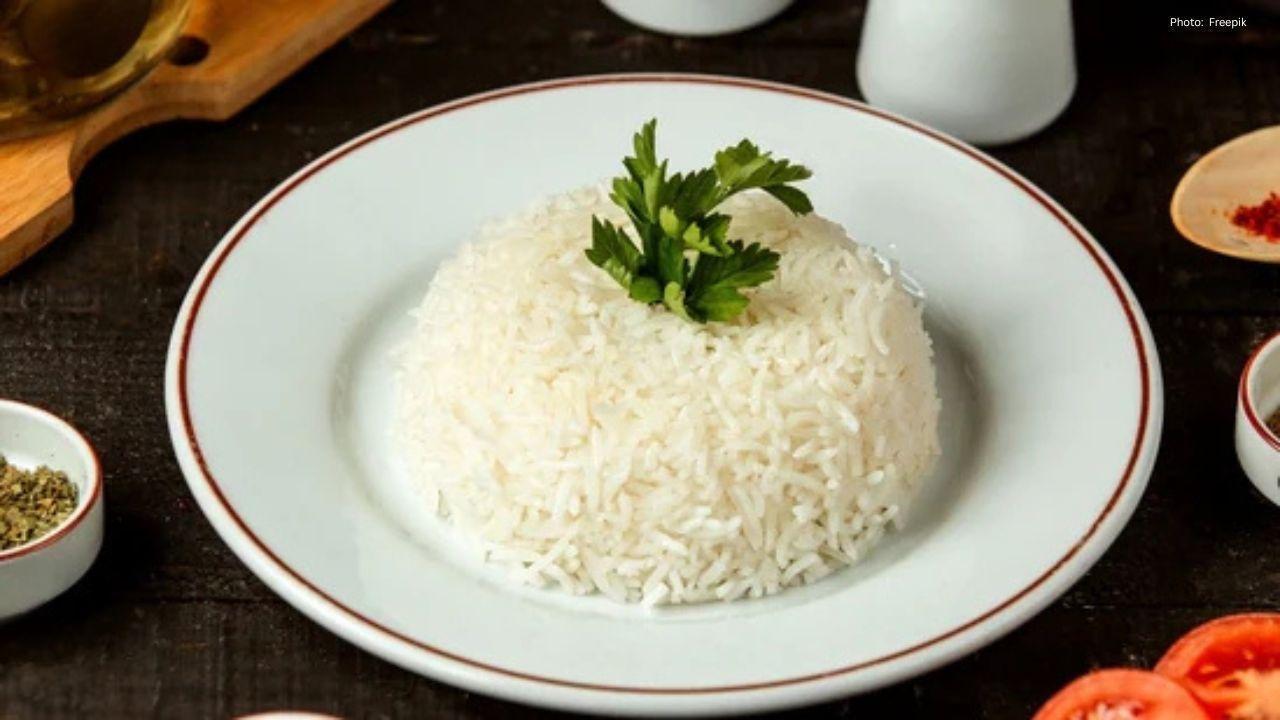You have not yet added any article to your bookmarks!

Join 10k+ people to get notified about new posts, news and tips.
Do not worry we don't spam!

Post by : Saif Rahman
Dr. Kunal Sood, a health expert from the United States, has raised concerns about the prevalent Indian diet potentially contributing to the country's soaring diabetes rates. With India housing one of the world's largest populations affected by diabetes, the World Health Organization reports approximately 77 million adults suffering from type 2 diabetes, many of whom remain unaware of their condition, intensifying its threat.
According to Dr. Sood, the standard Indian meals are heavily laden with carbohydrates, particularly from white rice and refined wheat such as maida. This means that, in many cases, approximately 75% of daily caloric intake derives from these high-carb sources, leading to rapid digestion and spikes in blood sugar. Continuous exposure to such dietary habits can hinder the body's insulin response, ultimately paving the way for diabetes.
The physician also pointed out that this carbohydrate-centric diet often results in weight gain. The body converts surplus sugar from rapid spikes into fat. Many individuals further enhance the issue by consuming sweets and sugary beverages alongside their meals.
Dr. Sood drew attention to a study from the Indian Council of Medical Research (ICMR), which indicated that even minor dietary adjustments could yield significant health benefits. Simply substituting 5% of carbohydrate intake with protein could remarkably decrease diabetes risk. He recommends integrating ingredients like lentils, eggs, fish, yogurt, paneer, nuts, or chickpeas into daily meals for improved digestion and more stable blood sugar levels.
He emphasized that neither rice nor wheat should be demonized, but highlighted that they are typically consumed in excessive portions, while protein and vegetables often take a backseat. Encouraging small shifts, he suggested replacing two full servings of rice with a smaller portion alongside a bowl of dal or a glass of buttermilk. Including salads or sprouts before meals is another practical tip.
Additionally, Dr. Sood advised individuals to monitor the sugar content they add to beverages, desserts, and processed snacks, many of which contain hidden sugars.
His overarching message is that small adjustments can protect health effectively. Gradually opting for healthier choices can be more manageable than overhauling one’s entire diet. Regular blood sugar monitoring is also crucial for early detection and intervention.
This guidance is beneficial for families, children, and the elderly. A well-rounded meal incorporating rice or roti, dal, vegetables, and protein can significantly enhance health and mitigate the likelihood of diabetes.










Malaysia Blocks Grok AI Over Sexualized Image Misuse
Malaysia restricts access to Grok AI after misuse for sexualized, non-consensual images, pending str

Thailand Exports to Grow 2–4% in 2026, Driven by Foreign Investment
Thailand’s exports are projected to grow 2–4% this year, largely due to foreign investment, raising

Greenville Officer Wounded in Sudden Ambush, Suspect Dies in Shootout
A Greenville police officer was wounded in an ambush-style shooting. Deputies later killed the suspe

ISRO Launches Anvesha Spy Satellite in Key PSLV Comeback Mission
ISRO’s PSLV returns to flight with EOS-N1, deploying the Anvesha spy satellite and 15 payloads, mark

Landfill Collapse in Cebu Kills Four, Dozens Missing as Rescue Continues
A massive landfill collapse in Cebu City has left four dead and dozens missing as rescuers race agai

Netanyahu Says Israel Aims to End US Military Aid Within 10 Years
Israeli PM Benjamin Netanyahu says Israel plans to gradually stop relying on US military aid within